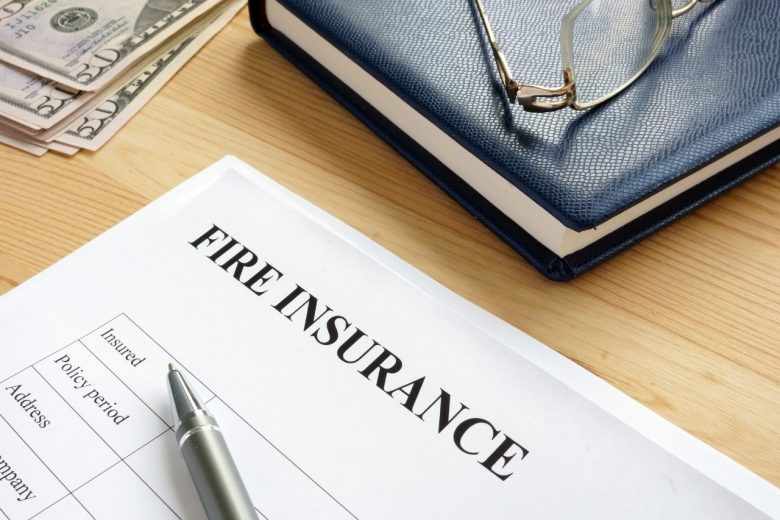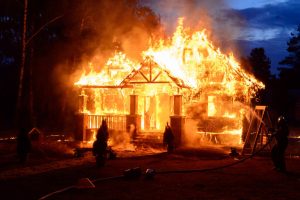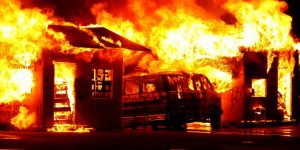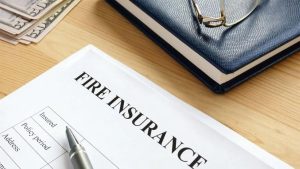Incidents related to fire can cause havoc. Most homeowner policies usually cover fire damage, but those living in fire-prone regions should purchase an additional comprehensive fire policy to further protect their homes from disaster.
Understanding coverage, exclusions, and limitations is key to finding the appropriate fire insurance policy. What are you waiting for? Select your ideal policy now!
Coverage
An invaluable way to protect against damages caused by fire is through fire insurance. Homeowners and landlords who purchase this coverage may suffer lucrative financial losses should their properties suffer fire-related damages, which makes fire insurance essential.
Comprehensive fire policies reimburse owners for lost property on a cash value or replacement cost basis, including the cost of repair or replacement of damaged items. These policies also include liability protection for third parties affected by fire.
When a fire insurance policy pays for the temporary living expenses associated with an insured building becoming uninhabitable, it typically pays for content coverage, loss of rent reimbursement, and even the removal of building debris. Every policy can differ quite a bit, however. Spending time looking over the fine print on any policy you plan on using is important because both the cost and value can hugely differ.
As an example, the dwelling fire insurance DP-2 form has been classified as an “open perils policy,” meaning that everything is covered under this policy as long as there isn’t a specific exclusion within the policy for it. Most damages done to the real and personal property will fall under these guidelines. The downside is that this type of coverage could be out of reach for certain business owners.
Exclusions
Policies bought under fire insurance would cover, your house, contents (like the furniture in the house), and even other buildings on the land like a garage or tool shed. If you reside in a place with a high chance of wildfires, consider getting an enhanced policy to cover these types of damages. As for condo or co-op residents, they should check with their building bye laws/lease agreements to determine what they need to insure and what the building is responsible for.
If your house burns down, the repairs to restore your home will probably cost more than what is covered under your comprehensive policy plan. Other than paying out fire related repair expenses and possible additional living expenses that relate to the house being uninhabitable, an inclusive policy can compensate additional living expenses too.
Other structures coverage will reimburse any expenses incurred in the repair or rebuilding of detached business buildings such as barns and garages. On the other hand, belongings coverage compensates for damaged clothing, furniture, electronics, collectibles, or other personal items in a fire.
Corrosion and rust damages from poor equipment or fitting maintenance is not covered under fire insurance policies. Additionally, destruction in transit and fire loss at godown warehouses are also not covered, but can sometimes be insured separately.
Limits
Different fire insurance providers offer payment limits that vary from one provider to another and depend, in most cases, on the policyholder’s coverage needs as well as the types of items being insured. Under most cases, the limit of coverage on personal property granted does not exceed their value while luxury items such as paintings and furs may need special stand in policies. It is advisable for policyholders to review their inventory periodically and ensure that their policy, in all aspects, meets their requirements – both financially and logically.
Some of the insurance providers offer enhancements to homeowners and business owners that include coverage for loss of rent, loss of use, and debris removal, – fundamental add-ons for covering fire damages and helping pay for expenses while the repairs or renovation is taking place.
Fire insurance gives protection for liability when an individual gets injured during an unintentional fire accident which for some businesses that depend on their reputation or for some individuals that have a lot of belongings comes in handy.
Even though no one can stop fire from occurring entirely, one can set in place certain steps to alleviate risks which might assist in reducing premiums and giving policyholders less to worry about. Showing care through the regular maintenance of the equipment indicates responsibility to the underwriters which might result in letting the insured enjoy the reduced costs. Also, putting together policies and raising the deductibles would significantly reduce expenses too.
Fires can be extremely damaging to people’s homes and businesses at the same time. Understanding the different types, features, and advantages of fire insurance policies can help prevent people and companies from suffering too much financially because of a fire. Not only do they guarantee financial payments during emergencies, fire insurance also enables the coverage of legal liabilities while aiding the business to continue operations.
Damage to commercial buildings and houses can be quite severe, but fire insurance ensures that people are well compensated for the structure of the property and its contents. In addition, several policies provide coverage for extra costs associated with housing meals when families or commercial businesses become closed. This allowing them to comfortably wait for their homes or businesses to be remolded.
The policyholder is put at a disadvantage if they do not prepare necessary documentation for an insurance claim. It is important for there to be no ambiguity or delays during the reconciliation of a claim. Documentation can include images and videos recorded on the site, receipts, blueprints of claimed building, and invoices. Additionally, the individual should keep these documents in protected folders or remotely as backups so they are available when needed most.
To avoid underinsurance – where the value you’re insured for is less than the current market value – review and update fire insurance policies periodically.




